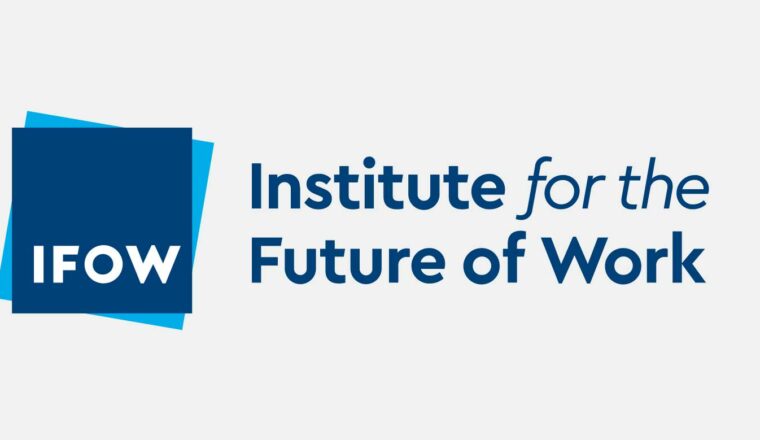Northern Ireland’s Productivity Challenge
The Productivity Institute has published an insights paper detailing the reasons for Northern Ireland’s productivity gap and highlights to policymakers, the business community, and the wider public the key issues that must be addressed if Northern Ireland’s economic performance is to be improved.
The research was led by academics from Queen’s University Belfast, one of TPI’s academic partners, with support from the Northern Ireland Productivity Forum.
John Turner, Professor of Finance and Financial History at Queen’s Management School, and Northern Ireland Productivity Forum Lead, explains: “Northern Ireland is the poorest performing UK region for productivity, almost 20 per cent below the UK level. Increasing productivity is key to improving Northern Ireland’s prosperity, with low productivity identified as central to explaining the region’s persistently poor economic performance. As we emerge from the Covid-19 pandemic, it is crucial now more than ever that we work to increase productivity which is key to raising people’s living standards.”
The report highlights Northern Ireland’s strengths include its ability to tailor economic policy through devolved powers, and a relatively younger population. Weaknesses include the areas where Northern Ireland possesses deficiencies to the rest of the UK, particularly in skills and investment.
Further points include:
- The productivity gap is not evenly spread within Northern Ireland: most areas perform poorly, with the highest levels of productivity found in Belfast and Mid Ulster.
- Belfast has the smallest productivity gap, only 6 per cent below the UK level, while Derry City and Strabane has the largest gap, at 23 per cent below the UK level.
- Northern Ireland possesses a skills gap to the rest of the UK, relating to both an attainment gap and a ‘brain drain’, which leaves a lower proportion of the population with tertiary education.
- The researchers state that there are opportunities for the productivity gap to be closed through interventions by policy and business, including the digitalisation of the economy, growth of the knowledge economy, and the development of green technologies within manufacturing.
Dr David Jordan, Research Fellow in Economics at Queen’s Management School and researcher on the Northern Ireland Productivity Forum, said: “A greater understanding is needed by both policymakers and business of what the drivers of this underperformance are, why this is the case, and the role of policy and political institutions in shaping this. Identifying how to improve skills, alongside ways to attract firms and industries which can take advantage of a more highly skilled workforce, are key issues which must be addressed if Northern Ireland’s economic performance is to be improved.”



